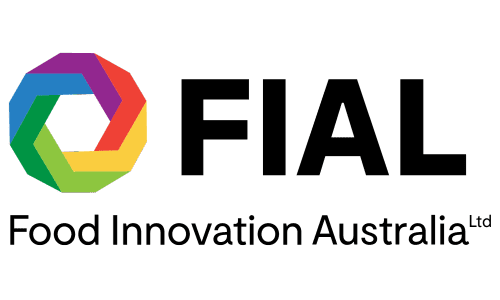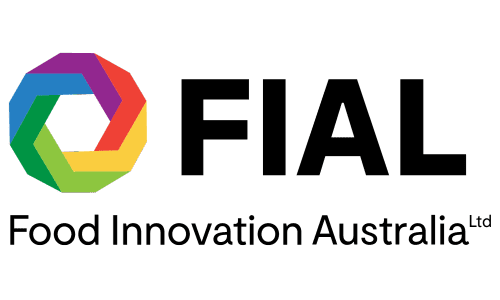Enabling traditional protein producers (meat, eggs and dairy) to identify and capture increased value-add in domestic and export markets.
Sunny Queen Farms has been producing Australian eggs for over 80 years. In response to changing customer needs, it has extended its business as an egg producer to food processing. It has developed the ‘Meal Solutions’ range of ready-to-eat egg products, including Omelettes, Frittatas, Fritters, French Toast, Egg Bakes, Scrambled Eggs, Poached Eggs and sandwich-ready Smashed Egg.
This value-add for time-poor customers provides convenient and nutritious meal options ready to heat and serve in minutes.
The meals are cooked fresh and snap frozen using proprietary freezing technology to ensure quality product delivery. This is a simple way to deliver protein in retail and food service applications, including education, aged care, quick-service restaurants, airlines, and cruise lines. It’s also suitable for suitations where it’s unsafe to have a raw egg environment – as the eggs are either fully cooked or pasteurised.
This is also a value-add for the business. Their ‘seconds’ eggs (cracked, dirty, or misshapen), worth 30 per cent less when sold to biscuit or cake manufacturers, can instead be used in the Meal Solutions range.
The compnay’s investment of $40 million in the new Meal Solutions factory is already reaping rewards. This multi-million-dollar business is seeing revenue increase year on year. One fast-food company alone buys four million poached eggs a year. Sunny Queen Farms eggs are available at Coles, Woolworths and many independent supermarkets across Australia, and it is also targeting Asia.
It employs global food trend analysts who closely monitor taste trends and new ways of improving performance and efficiencies, alongside food technologists, chefs and engineers. It collaborates with others in the industry, including FIAL, and the regional industry group Toowoomba and Surat Basin Enterprise (TSBE). This gives the business a competitive advantage to deliver new food solutions that satisfy customers, increase productivity, and boost growth.
It has further future-proofed its business by free-range farming 1,500 hens per hectare, instead of the industry- standard of 10,000. Again, this reflects changing customer preferences. Its commitment to customer insight-driven innovation makes it more likely it will see the next 80 years and beyond.
This case study is from FIAL's 2022 edition of Celebrating Australian Food and Agribusiness Innovations 2022



